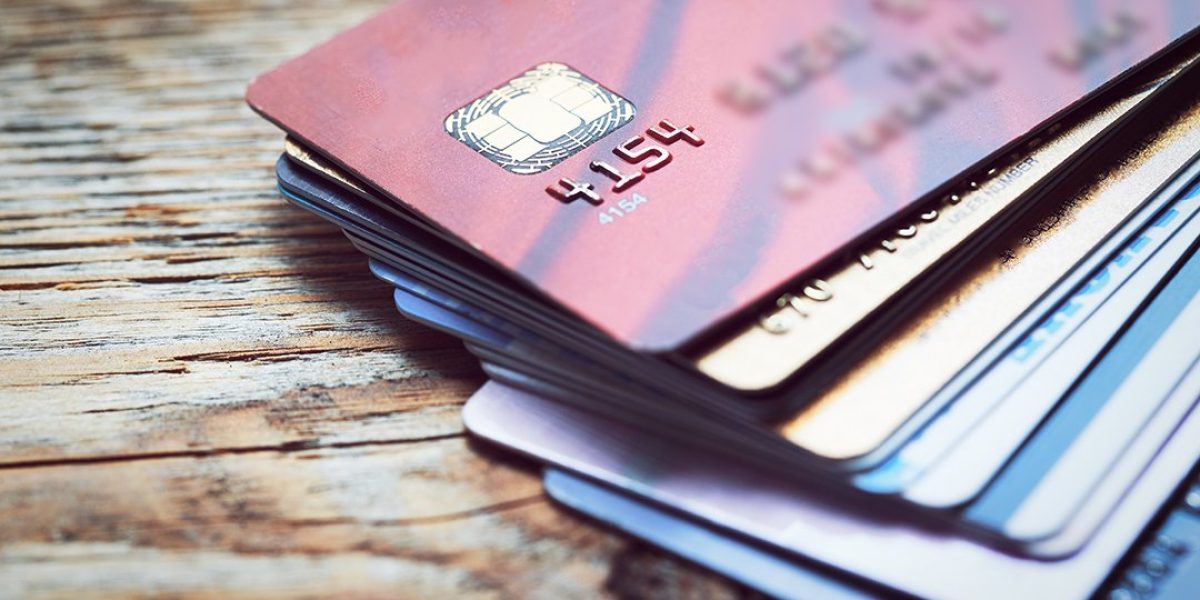How Contractors Can Build Business Credit

Have you thought about your business credit or how it may affect your company’s growth? In a lot of ways, business credit is similar to personal credit.
You need strong personal credit to buy a house, get a loan, or apply for a credit card.
A strong business credit file may improve your company’s chances of qualifying for business loans, receiving lower interest rates, negotiating better payment terms, attracting new customers and increasing cash flow.
What is business credit and the implications of separating your personal and business credit?
Business credit and personal credit are two different things. A good personal credit score can help someone qualify for greater financial responsibility in their personal life, such as a mortgage or an auto loan. Business credit reflects only the financial health of the business, not that of the owner’s personal finances.
New businesses usually do not have the significant credit history that an owner might personally
As a business begins to establish relationships with other companies, these relationships can impact its business credit and, by extension, impact others’ view of that business.
While you may have stellar personal credit, it may not always be viewed as an accurate indication of how you run your business. A strong business credit file may help you prove your business’s creditworthiness, separate from your own.
Why you should separate Personal Credit from Business Credit.
Contractors may feel obligated to use their personal credit and personal guarantees to cover business expenses. However, there can be serious risks to tying your personal credit to your business credit.
Personal risk exposure increases with business growth
Greater personal liabilities
Difficult for lenders to get a clear picture of the Business’s creditworthiness.
Personal credit score takes a hit each time a report is pulled
Most importantly, personal guarantees completely takes away the protection you have under some entity structures such as an SCorp or LLC.
How to Build Business Credit
- Start early – don’t wait years
- Register your business with the major credit reporting agencies.
- Open a business bank account and begin to use it regularly for business expenses.
- Ask your vendors, suppliers, or manufacturers to submit payment experiences on your behalf to the business credit reporting agencies.
- Pay your vendors on time or early to build positive business relationships, to earn goodwill and because their payment experiences could impact your business credit scores and ratings.
- Check your business credit file regularly and submit corrections to any errors.
- Apply for financing in the business’s name to avoid using your personal credit.
Considerations for Small Businesses
Building business credit has many positive implications besides just protecting yourself from personal liability.
- Requesting higher trade credit limits from suppliers
- Requesting lower premiums on insurance policies
- Negotiating lease terms on equipment and real estate
- Bidding on more lucrative contracts
- Seeking line-of-credit increases
- Seeking more favorable interest rates on loans from banks.
Hope these tips are helpful as you seek to improve your business’s creditworthiness.


